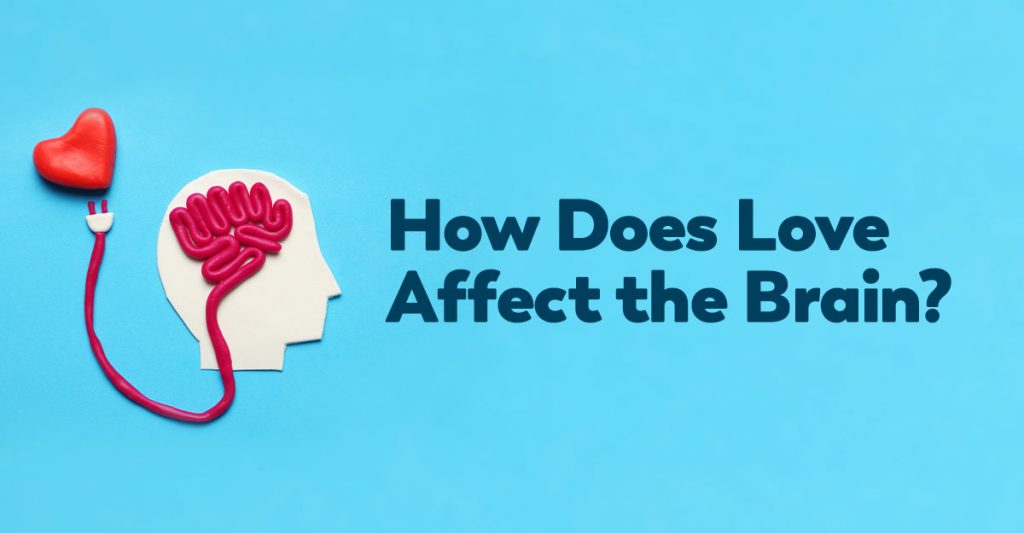
You may have heard oxytocin being called the “love hormone.” This is because oxytocin is a hormone that acts as a neurotransmitter in the brain. It is responsible for activating neural pathways that deal with pleasure and reward.
So, how do our brains and bodies create a feeling of being in love? Let’s take a look.
- Love activates the same reward circuit in our brains that other pleasurable activities bring us. This system encourages up to repeat those same activities in the future so that we feel that very same euphoric effect.
- As mentioned above, as soon as the reward circuit is activated, dopamine (the “feel-good” neurotransmitter) is released, and it starts to make love feel like a very pleasurable experience, which can mimic the same euphoria felt with stimulants like alcohol.
- The reward circuit also promotes many different mind and body responses like anxiety, increased heartbeat, and sweating. This is because many hormonal changes are going on in the body, and a release of adrenaline and norepinephrine causes these symptoms. These are also the typical symptoms that are associated with the fight or flight response when our nervous systems activate due to an imminent challenge.
- Levels of cortisol start to rise in our bodies, which also depletes levels of serotonin. This can cause some obsessive-compulsive behaviors that go along with love. If you’re feeling any of the anxious behaviors that go along with the initial stages of love, try Ecological Formula’s Calm Down, which contains ingredients that seek to promote relaxation.
- Aside from increasing blood flow to the brain, love can also create feelings of attachment through the release of oxytocin and vasopressin. The release of these two chemicals can promote feelings of security and well-being.
Oxytocin receives the most of the attention for being the love hormone, but there are many other chemicals and neurotransmitters that play a role in the different effects of love on our minds and bodies.
